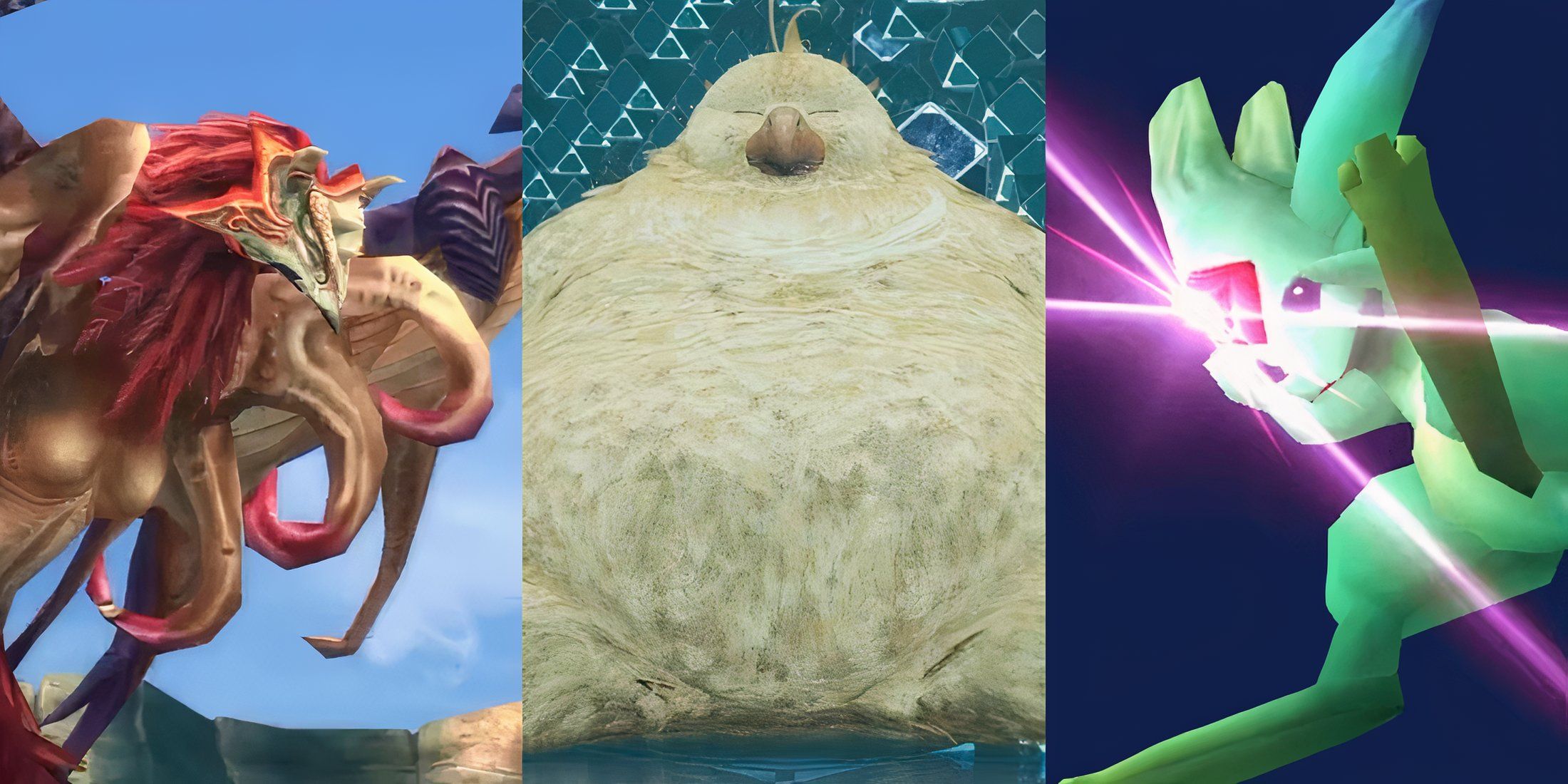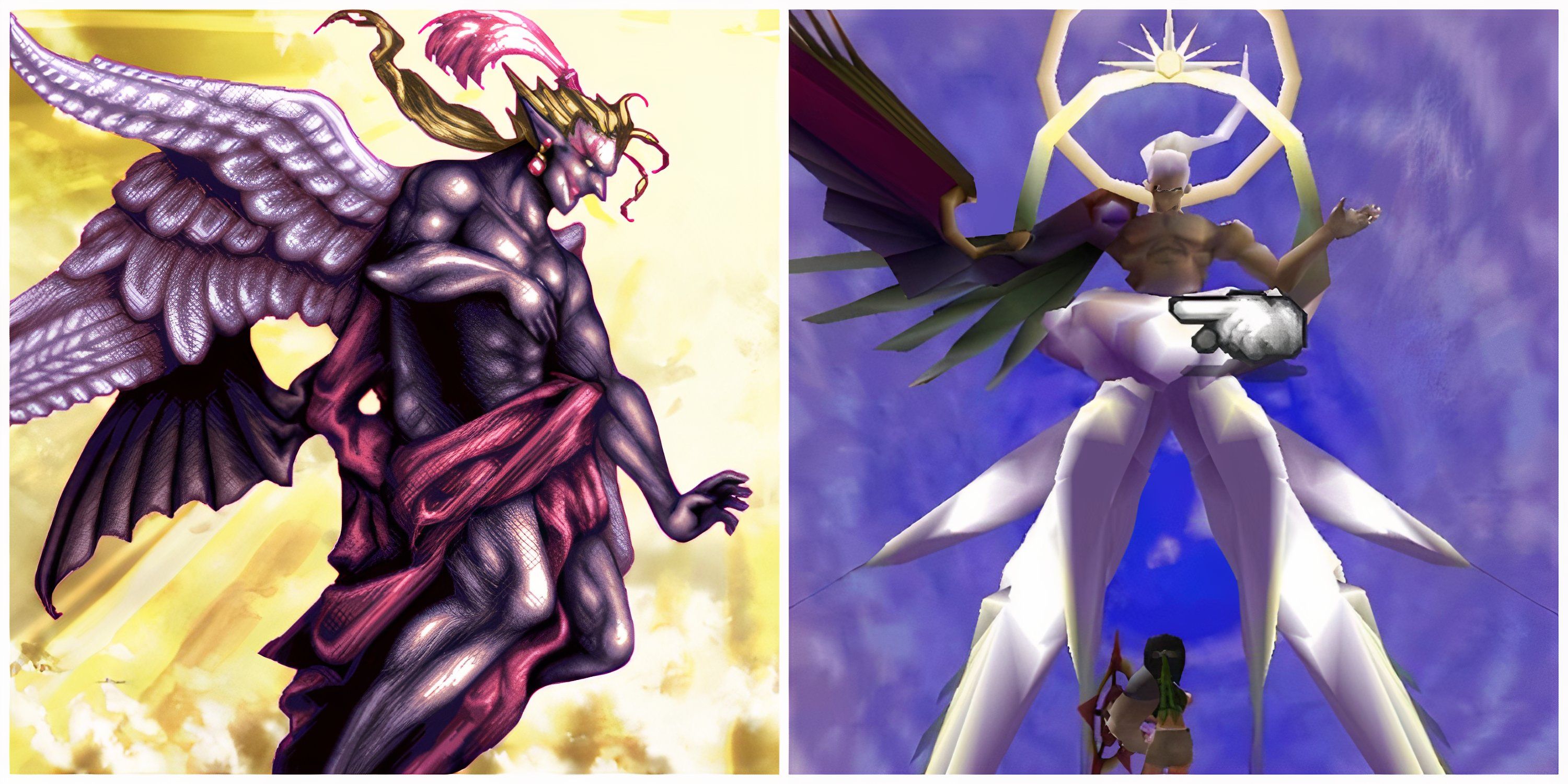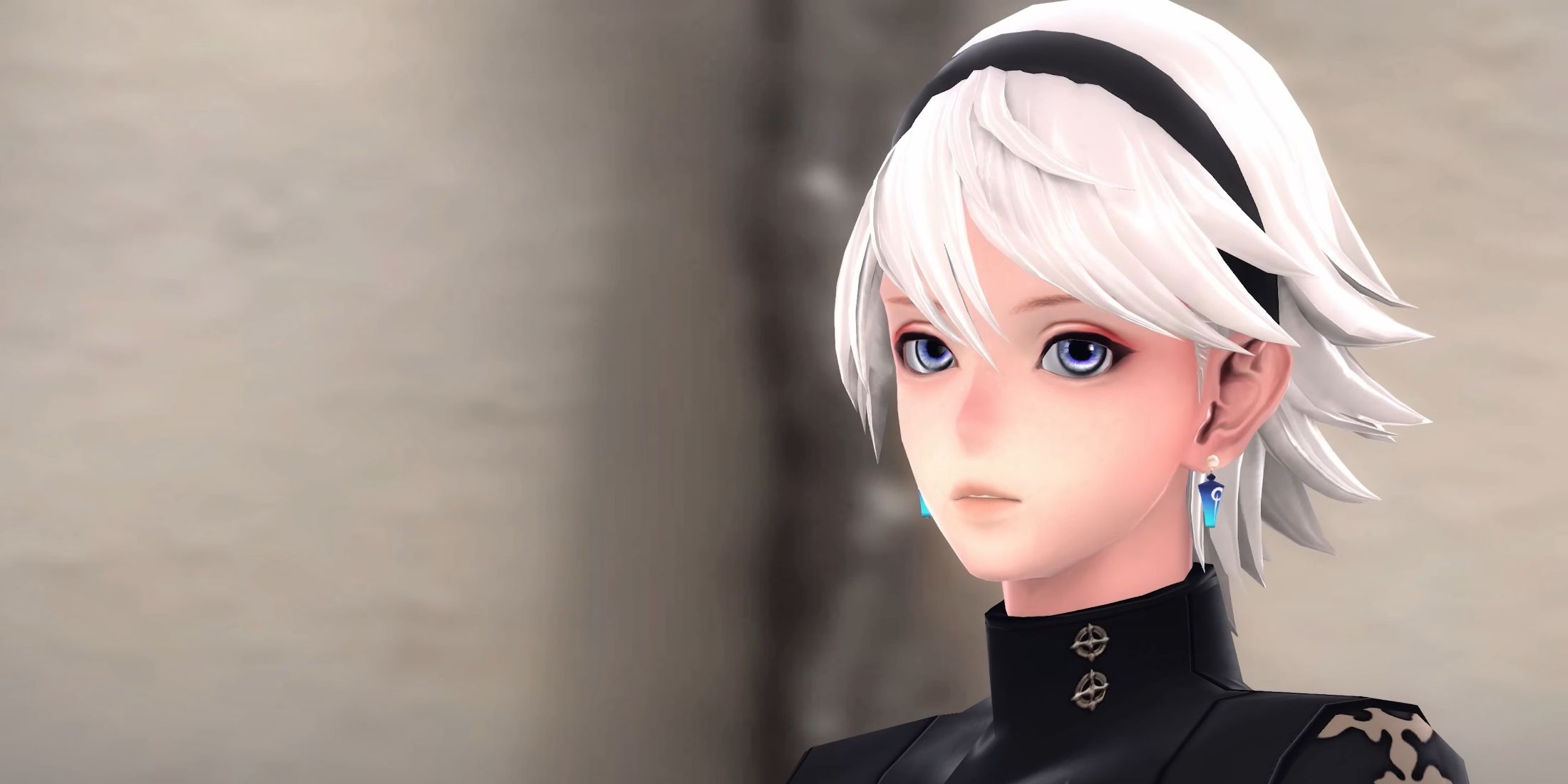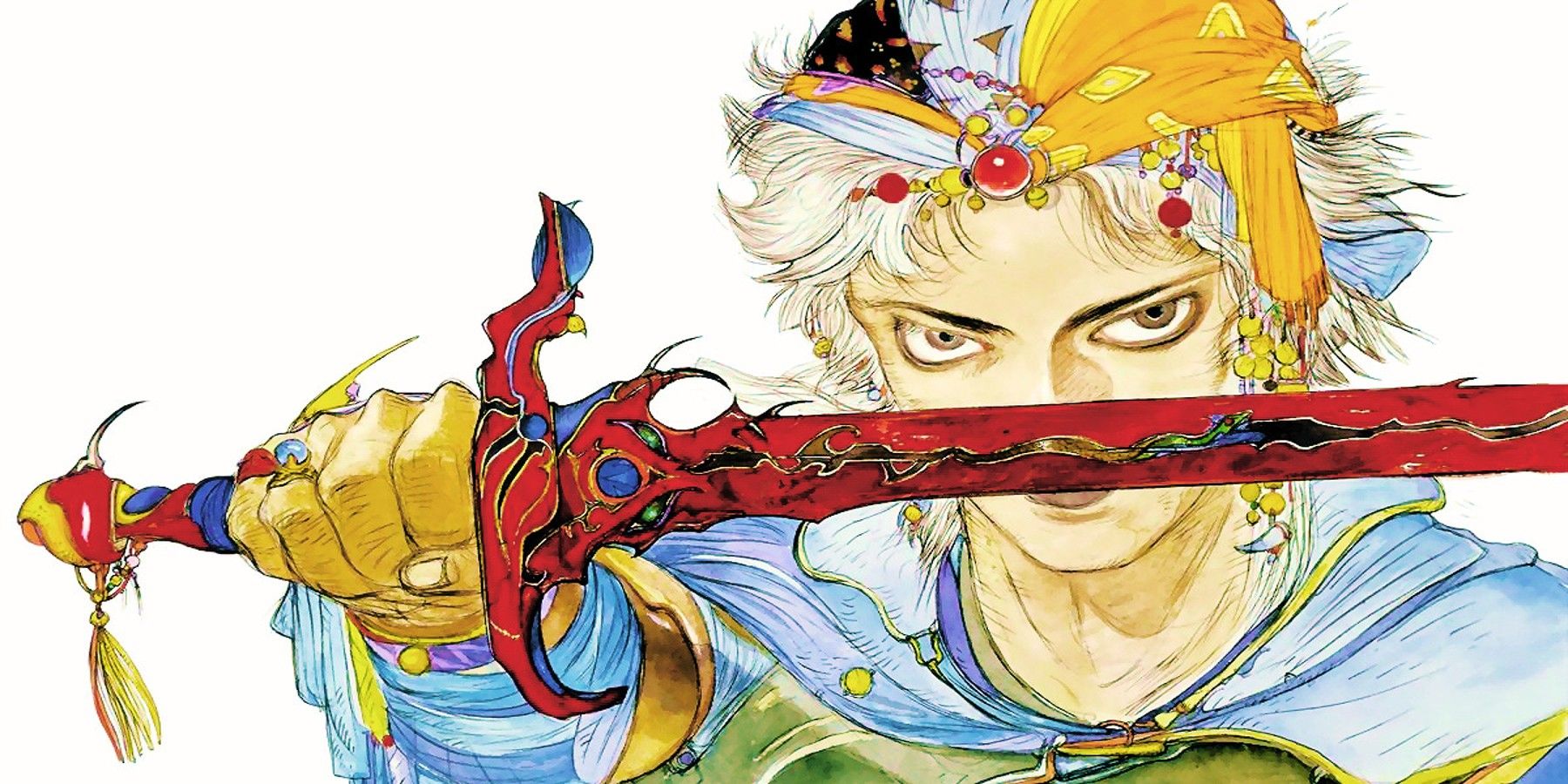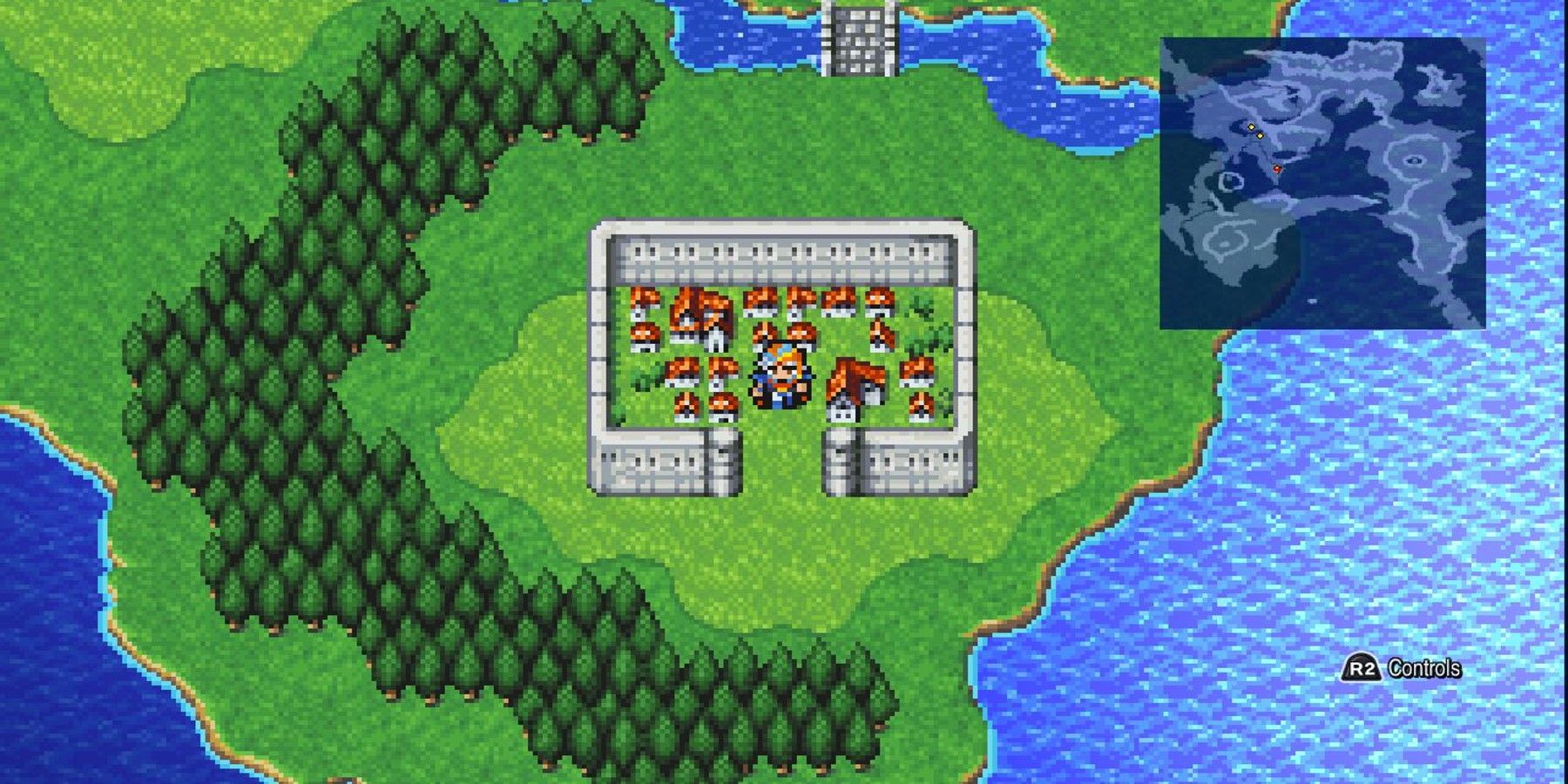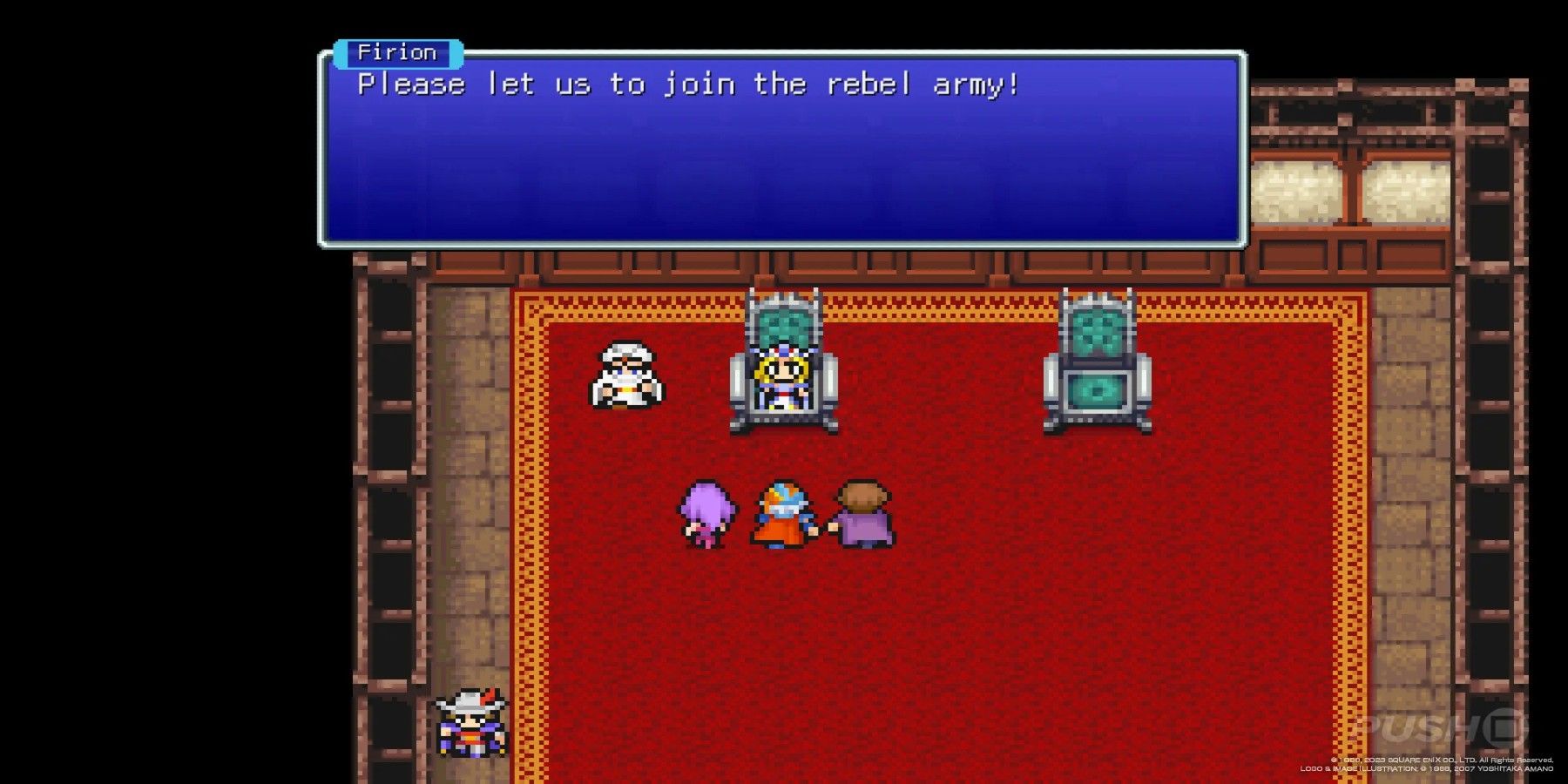One of the aspects of the Final Fantasy franchise that has helped it endure for over 30 years is the drastic change in story and RPG systems that occurs between each entry. Beginning with 1988's Final Fantasy 2, which arrived just a year after the successful launch of the first game in the franchise, each Final Fantasy title sheds what came before in the previous game to offer a new tale of world-saving importance along with a fresh spin on the mechanics the series is known for. Final Fantasy 2 made some critical missteps, but also has features that deserve a second glance through a new perspective.
Final Fantasy 2 stands out compared to other early games in the franchise due to its willingness to take great risks regarding its character progression and skill systems. Often seen as a "black sheep" of the franchise as well as arguably the most difficult of the original Final Fantasy games released for the Famicom, Final Fantasy 2 intentionally departed from the original game in order to establish the formula that has kept the series aloft as the gold standard of JRPG design for three decades. In looking to the series' future following Final Fantasy 16's release, there's value to using Final Fantasy 2 as inspiration.
The Only Final Fantasy With Skill-Based Progression Similar to Elder Scrolls
Instead of having characters gain levels from accrued experience that correlate to increases in stat numbers, Final Fantasy 2 has a system that sees party members gain skill through actions in battle. In other words, if a character uses magic, they will gain boosts to intellect; similarly, characters that use melee weapons gain skill points specific to that weapon. This was the foundation of the same RPG systems that went on to be used in Square Enix's SaGa series but was a significant departure of the more beginner-friendly approach taken by the original Final Fantasy. The concept of character action being tied to skill progression is also used in another popular RPG franchise: Elder Scrolls.
While the Elder Scrolls games do feature character levels that increase through gained experience and the allocation of points toward health and mana, certain skills are tied directly to actions and require players to regularly use those actions to improve the correlating skill. While the execution of this system in Final Fantasy 2 left some players confused as to how they were supposed to strengthen their party, it's an excellent and unique approach to character progression that could be implemented with improved mechanics in future Final Fantasy titles.
A Constantly Rotating 4th Party Slot May Have Influenced Final Fantasy 16
One of the many departures from series tradition featured in the upcoming Final Fantasy 16 is the abandoning of the party system Final Fantasy games are known for. While each game in the series features a key protagonist, they are typically accompanied by a diverse cast of characters that usually each fulfill one of the classic RPG class archetypes. Final Fantasy 2 was the first title in the series with a predetermined protagonist and party, but the 4th member slot was constantly rotated out with characters that players met along their journey.
The confirmation that Clive will be the only playable character in Final Fantasy 16 came with the added acknowledgment that he will be regularly accompanied by 1 to 2 companions that come and go throughout various stages of his journey. The use of a continually rotating cast of characters in Final Fantasy 16 indicates that the developers may have already looked at Final Fantasy 2 as inspiration in determining how they could shake up the series' formula in the latest entry. The choice of Final Fantasy 16's developers to chart a new direction echoes the same spirit of what Square did with Final Fantasy 2 in the early years of the series, and in looking to the franchise's future the developers should not forget that innovative spirit and willingness to take risks.
Final Fantasy Pixel Remaster was re-released for consoles on April 19, 2023, and is available on PS4 and Switch.

